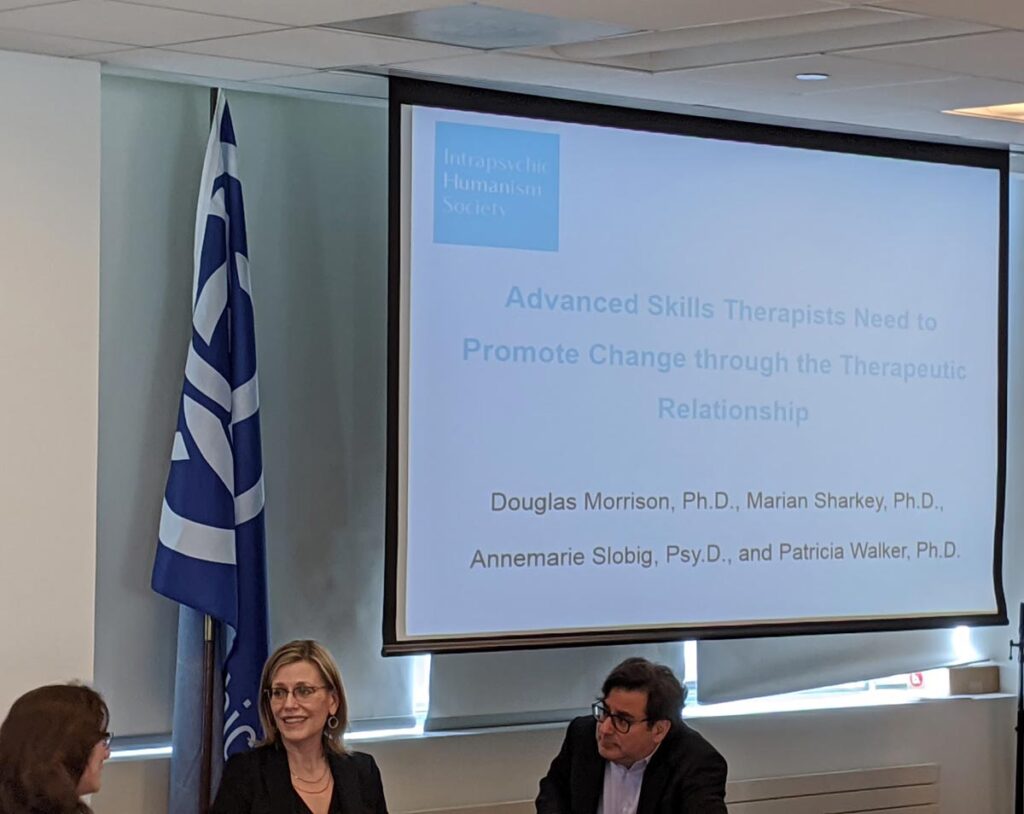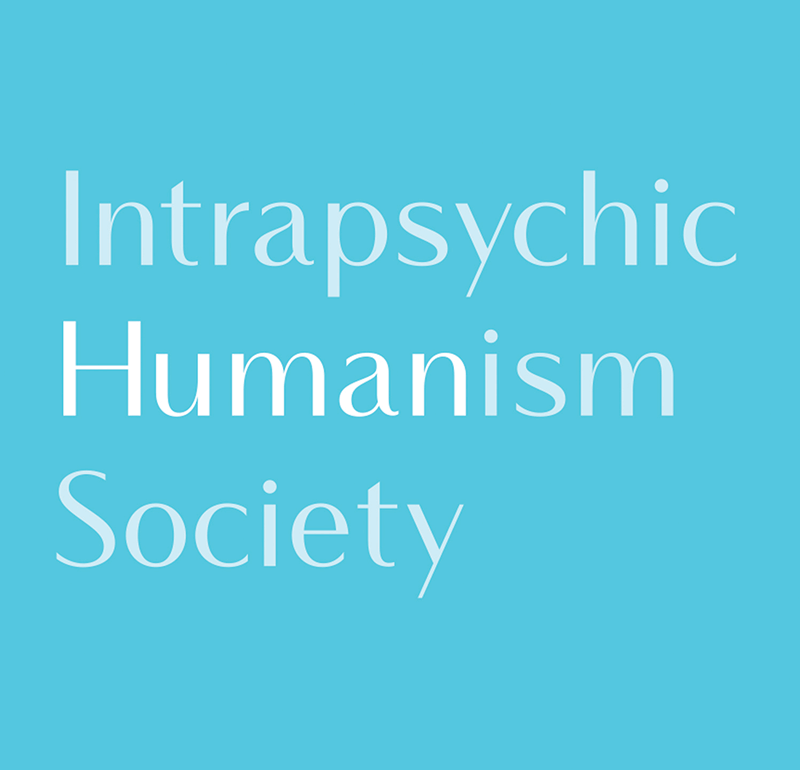What is Different about Intrapsychic Humanism?
A contemporary theory of psychological development and psychotherapy, Intrapsychic Humanism, addresses some of the most fundamental questions in psychology and the philosophy of mind:
- What constitutes human happiness? How can we pursue it?
- How do we experience subjective personal meaning? How do we acquire it?
- How do we live the good life?
- What is the cause of human unhappiness, emotional, behavioral, and relationship dysfunction? What can we do about it?

Human Development
From a unique understanding of our innate human nature, it suggests unique answers to the questions posed above:
- Innate human nature entails a need for personal meaning
Each of us has an in-born desire to be loved and cared for, to love our caregivers, and to want to copy the care we receive. In other words, our most fundamental core personal meaning relates to knowing we are personally cared for and unconditionally worthy, in and of ourselves. - Personal meaning develops through a caregiving relationship
The caregiving relationship experience nurtures the child’s personal meaning (self-worth, inner happiness) in identifiable stages from infancy through early adulthood. When the caregiving is accurately informed, personal meaning in adulthood optimally conveys an inner well-being that sustains self-caretaking choices and the pursuit of genuine pleasure that fosters happy and fulfilling lives. These developmental principles are applied in a parenting book, Smart Love. - The origins of unhappiness
It offers a humanistic understanding of the origins of inner unhappiness and the inner barriers that keep us from creating close, loving relationships and from reaching our full potential in education and work. It does not view unhappiness and inner conflict as an inevitable aspect of human nature. It entails a theory about how and why our need and motive for personal meaning can develop in an unstable, distorted form that gives rise to psychological emotional pain, and behavioral and relationship dysfunction. A self-help book, Addicted to Unhappiness, applies these ideas to common forms of unhappiness, illustrated with many examples along with guidance for overcoming them.
Program Spotlight
Psychotherapy
Inner Humanism® Psychotherapy is described in the unified theory of development, psychopathology and psychotherapy in Intrapsychic Humanism. It aims to engage and strengthen the individual’s innate motives for personal meaning and interpersonal happiness through the empirical experience of being cared for in the therapeutic relationship.
- The aims of the therapy are to help people develop:*
- A more consistent, pleasurable personal meaning, inner self-worth
- A greater preference for and commitment to making choices that are genuinely pleasurable and self-caretaking
- An increasing ability to distinguish inclinations and interests in pursuit of genuine pleasure that are self-caretaking, from those in pursuit of previously hidden, unrecognized motives for unhappiness that are self-defeating
- An increasing sense of effective agency in pursuing constructive motives
- An increasing preference for and commitment to pursuing and creating mutually caring, respectful relationships
*As with all forms of psychotherapy, these areas of focus and aims are aspirational and individual experiences and results will vary.
- The therapy works through the relationship:
- Individually tailoring the therapy to the needs, concerns, and motives of each person
- Going beyond creating a positive working alliance to using the therapeutic relationship in helping to create the structural development of pleasurable personal meaning, increased reflectiveness and self-caretaking
- Understanding the person’s ongoing communications about their experiences in the therapeutic relationship (process meaning)
- Responding to their process communications in ways that facilitate the person’s developing trust in the therapeutic caregiving, knowing when and how to intervene
- Responding to negative feelings in the relationship to facilitate the relationship and progress
- Facilitating the person’s emerging motives for pleasurable personal meaning and interpersonal happiness
- Identifying the person’s acquired, internalized motives for inner and interpersonal unhappiness that are self-defeating
- Understanding and navigating inevitable setbacks in the individual’s progress (aversive reactions to pleasure)
- Recognizing and ethically managing in reflective practice one’s personal motives that could potentially impede therapeutic motives
Program Spotlight
ON DEMAND READING PROGRAM: The Privilege of Being a Therapist
